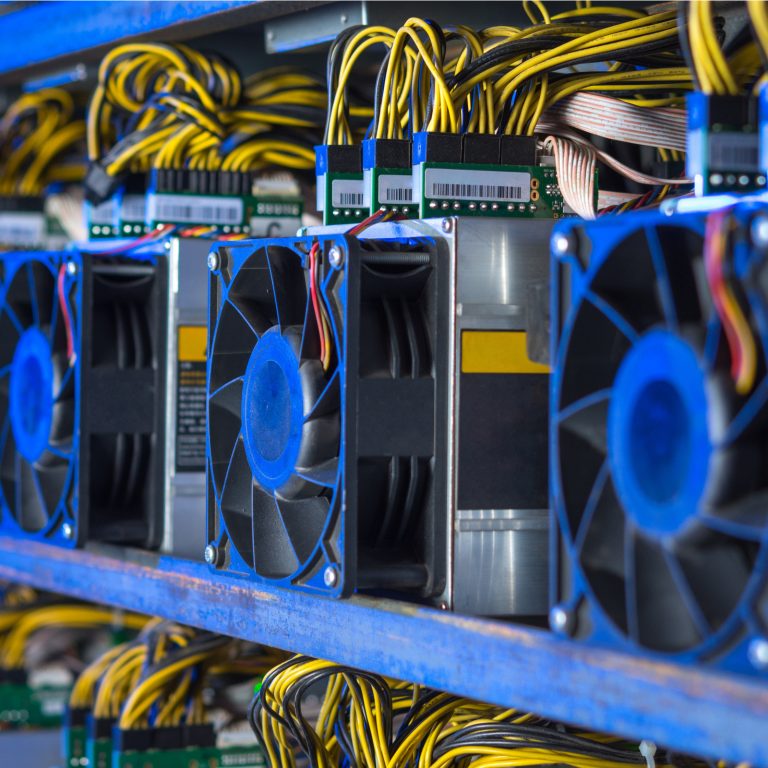2018-7-27 19:48 |
Cryptocurrency To Replace Electronic Cash In The Future
Commerce has been becoming increasingly digitized since the 70s when the banks released Credit Cards for the masses. Things have become increasingly digital since then with the advent of the Internet and Smartphones. This has given new opportunities for consumers and businesses around the world to become more connected.
Now, blockchain technology is threatening to accelerate this process. We’ve seen major advancements in the capabilities of blockchain technology to empower a better future of P2P payments via cryptocurrencies. When considering the current landscape of digital cash systems, consumers have quite a few concerns with using fiat payment processing companies.
Given below are some factors that show why cryptos can be the future of Electronic Cash.
Improves Consumer PrivacyFiat payment processing companies of today utilize centralized databases to store information related to debit and credit card purchases. However, a number of large-scale hacks of centralized databases put consumer privacy at great risk. Blockchain has the ability to solve this issue by creating greater data security, making cryptocurrency payments safer for users.
Borderless TransactionsAlthough online commerce creates possibilities for transactions across borders, there are usually high fees for money conversions. Fiat currencies are mostly limited to single nations or economic regions. In contrast, cryptocurrencies can be used globally by online retailers without having to pay fees on sending/receiving funds simply because the other person lives in another country. This provides a frictionless method for more capital flow.
Decreased Pending TransactionThe uncertainty of the payment process time becomes a major hassle in doing business. Oftentimes, consumers have to see “pending” for long periods of time. This is far from helpful for anyone who is trying to balance a budget. Cryptocurrencies as the future of electronic cash can solve this by making transaction completion times instantaneous in most cases. By getting rid of the “pending” problem, senders and receivers will be able to make financial transactions, and commerce in general, much more efficient.
Cutting High Transaction FeesFor businesses, accepting fiat currencies paid via third-party debit/credit card processing companies is a matter of offering convenience for consumers. Cryptocurrencies offer the ability to process payments with far lower fees. This means that merchants don’t have to worry about raising prices on products just to offset payment processing costs.
More Market AlternativesMost traditional payment processing companies haven’t had to reduce fees because there aren’t a lot of choices for merchants. Instead of only having a handful of viable options, there are thousands of possible new cryptocurrency alternatives. We have already seen a number of businesses begin to accept Bitcoin as well as other cryptocurrencies alongside traditional debit/credit card payments. However, the current scenario of cryptocurrency is far from perfect. A lot of improvement is needed. Listed below are some domains where cryptocurrencies need to most urgently improve.
Cryptocurrency Must Have Improvements Price VolatilityAn equilibrium price for cryptocurrencies could advance user adoption. Stablecoinscould also accomplishes price stability, enabling the future of electronic cash systems to be crypto. There’s also the possibility that all cryptocurrency prices will become stable over time as the market continues to mature.
SecurityAs we have seen, even the most secure cryptocurrency wallets can be hacked. With increased security designs in blockchain and education campaigns on how users can keep funds safe, more people will become confident in using crypto for P2P payments.
Handling DemandBlockchains will need to handle more transactions per second. Even the most popular cryptocurrencies are limited in what can be done on-chain. At peak usage times, fees can also increase significantly due to blockchain congestion. With advances in scalability, blockchains could handle millions or even an infinite amount of transactions per second without any increase in fees.
origin »Bitcoin price in Telegram @btc_price_every_hour
Electronic PK Chain (EPC) на Currencies.ru
|
|





















